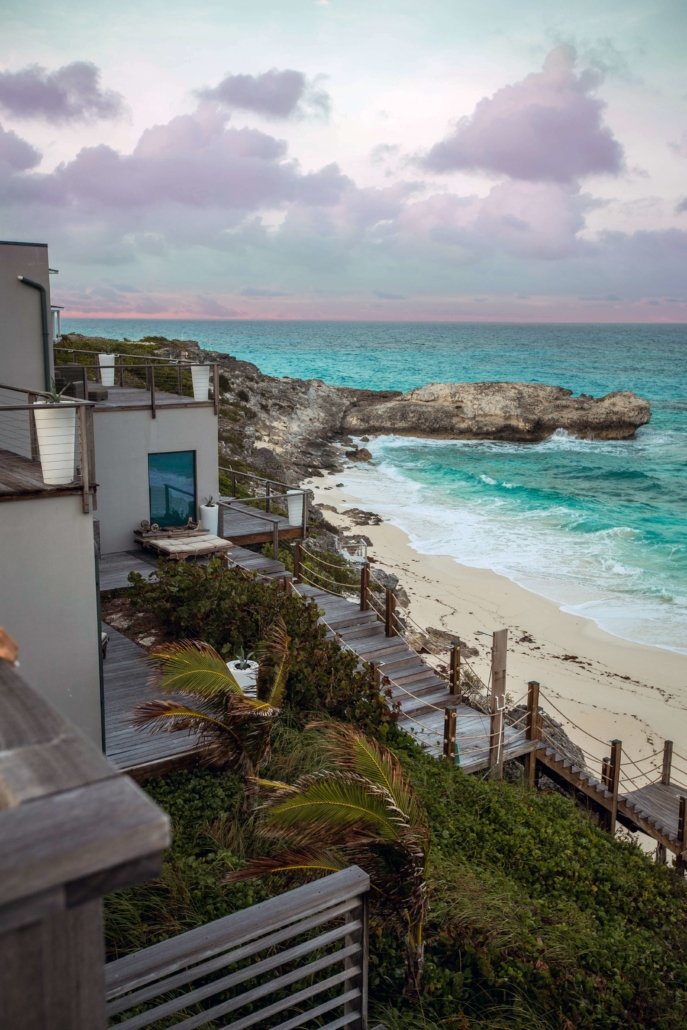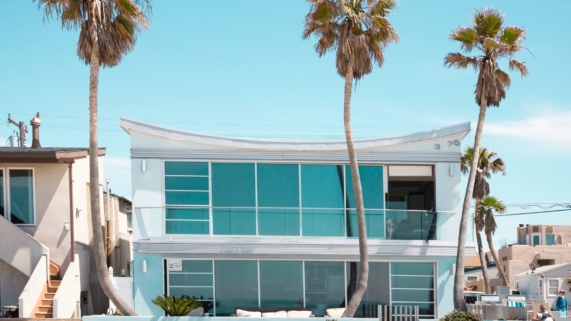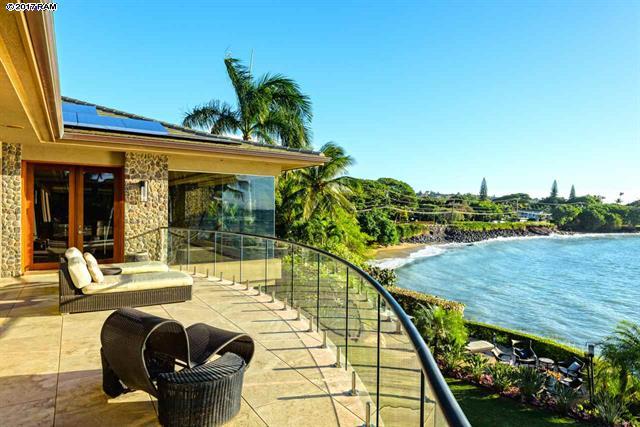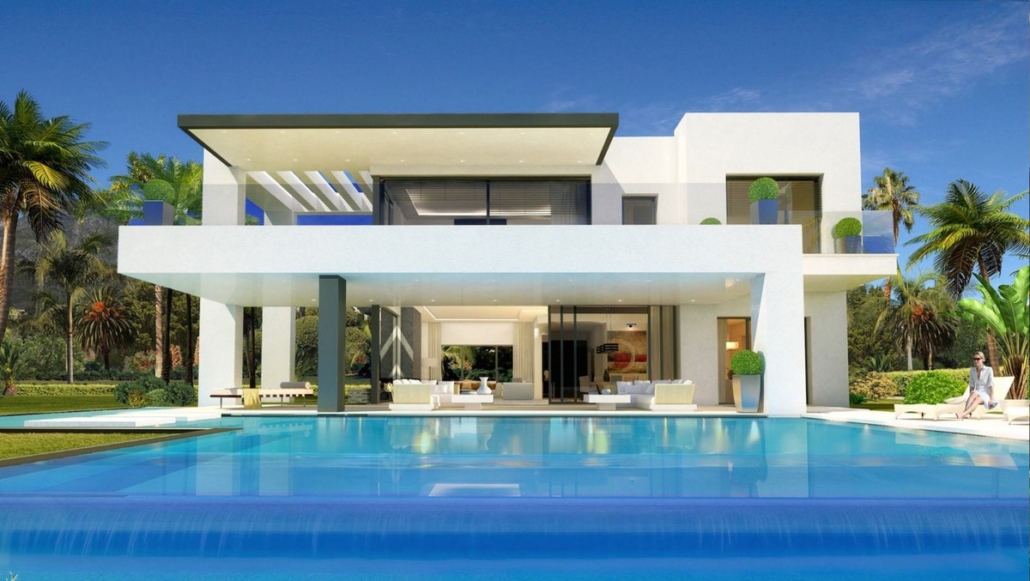Long-Term Tenant or Vacation Rental Property: Which Is Best?
Before buying an investment property, you need to know the type of rental you’ll turn it into. While both types have their pros and cons, vacation rentals and long-term tenant rentals are drastically different.
Even if you think you have your mind made up, some further review and reflection won’t hurt. Take a look at the benefits and drawbacks of buying a vacation rental property or a long-term rental.
| Long-Term Tenant Rental | Vacation Rental |
| PROS – More consistent income – Won’t have to worry about constantly finding renters – Only have to pay for cleaning in between renters (about once a year) | PROS – “Bad” renters only stay for a few days – Not allowing pets won’t hurt your potential for renters – Can have some downtime if there’s an off-season |
| CONS – Could be a smaller profit margin – Some cities require rent control – Defects/issues may take longer to find out about (since you’re not in the property as often) | CONS – Not allowed in all areas – Downtime/off-season means no profit – Will pay more for maintenance and cleaning – Have to furnish |
Long-Term Tenant Rentals
A long-term tenant rental is a property you lease out for a person or people to live in. Your property becomes their primary residence and they pay you to rent.

Pros
Consistent income: When successful, you’ll have very little downtime (unlike a vacation rental property that might have an off season). It’s nice knowing you can count on the same amount of rent each month.
Less turnover: Once you have tenants with a lease, you won’t have to worry about finding a new renter for months (if not a year or longer). Having to constantly find or market for renters is stressful — the less you have to deal with this, the better.
Spend less on cleaning: You really only have to hire professional cleaners between renters, or maybe annually if your renters are staying longer than a year. The renters are primarily responsible for keeping your place clean, which is not the case in a vacation rental.
Cons
(Potentially) smaller profit margin: Charging per month instead of per day significantly lowers how much you’re making each day with a long-term rental. For example, a vacation rental might cost $150 a night, but a long-term rental might be $900 a month — $30/day.
However, we say “potentially” because vacation rentals often won’t have visitors for months when there’s an off season. Depending on your circumstances, a long-term rental could still net an equal (or even greater) profit.
Dealing with rent control: Some cities put a cap on the amount you can charge for rent (New York is famous for this). If that’s the case, you can’t raise your rates, even if they keep up with the rising cost of living.
Issues take longer to find out about: Vacation rentals require more frequent attention. Things like a leaky faucet or a broken tile become apparent much faster when you’re around the property more often (which means they can be fixed much faster, too).
Vacation Rentals
A vacation rental property is an investment property that you use solely for (you guessed it) vacationing guests — picture Airbnb and VRBO rentals. While some rentals are available all year round, many vacation properties have an “on” season and an off season — they’re often only rented out for part of the year.
Pros

Bad renters are temporary: Problematic renters only stay in your property for a short amount of time, likely never to return. With a long-term rental, you run the risk of having awful tenants for an entire lease. Even if you get bad renters, most companies offer coverage that protects you, the property owner.
Downtime: Some people enjoy having several months off the clock. This, however, is also a drawback, as your property won’t make money in the off season.
Don’t have to worry about pets: Not allowing pets can hurt property owners with long-term rentals by limiting the tenant pool. As most people don’t bring pets on vacation, you won’t have to worry about this.
Cons
Not allowed in all areas: Some condos and cities prohibit turning your property into a vacation rental or have strict restrictions on how you can rent it out.
Higher maintenance cost: Much of your profit will turn over to cleaning and maintenance companies.
Furnish: Expect to pay thousands more for setting up and designing your vacation rental property than a long-term rental. Furniture, appliances, and decor are all expected upon guest’s arrival.
Between a long-term and vacation rental property, which is the better investment? That’s up to you to decide. But the great news is that no matter what type of investment property you’re looking for, you can find it on RealtyHive! Search through our listings and begin growing your investment real estate portfolio today.






